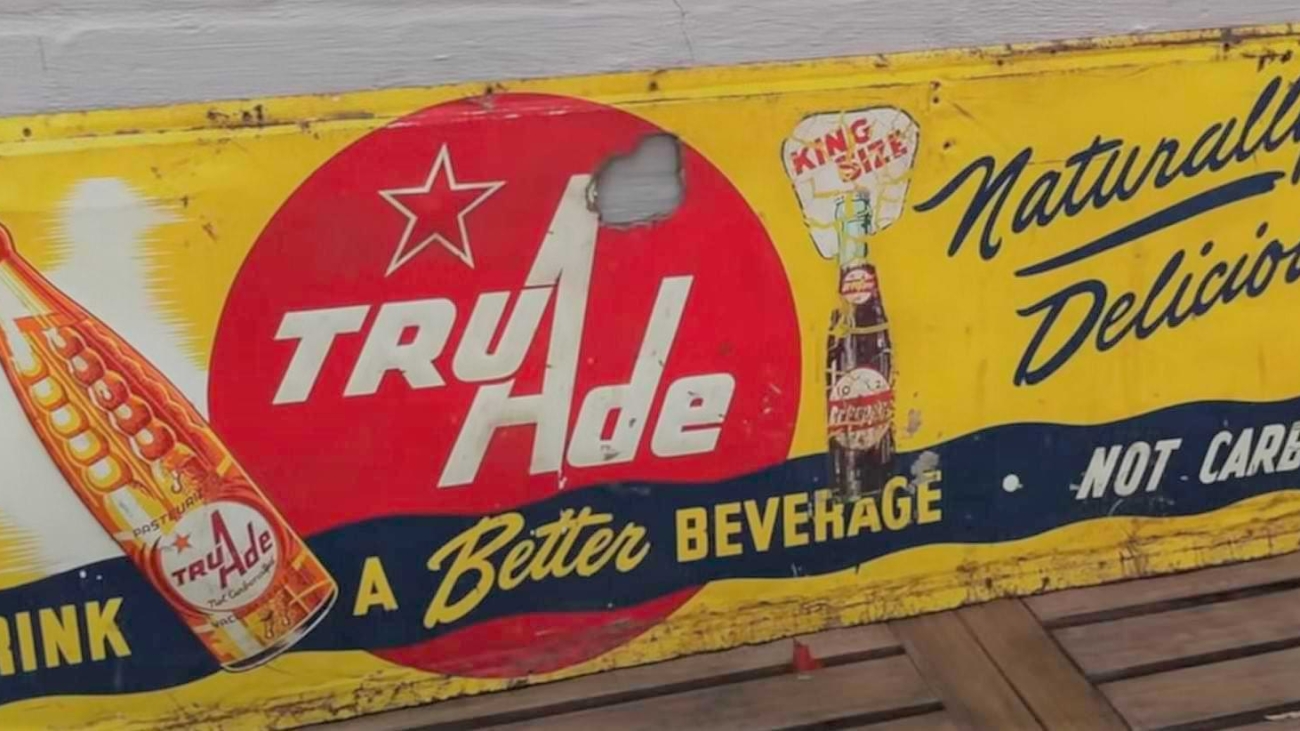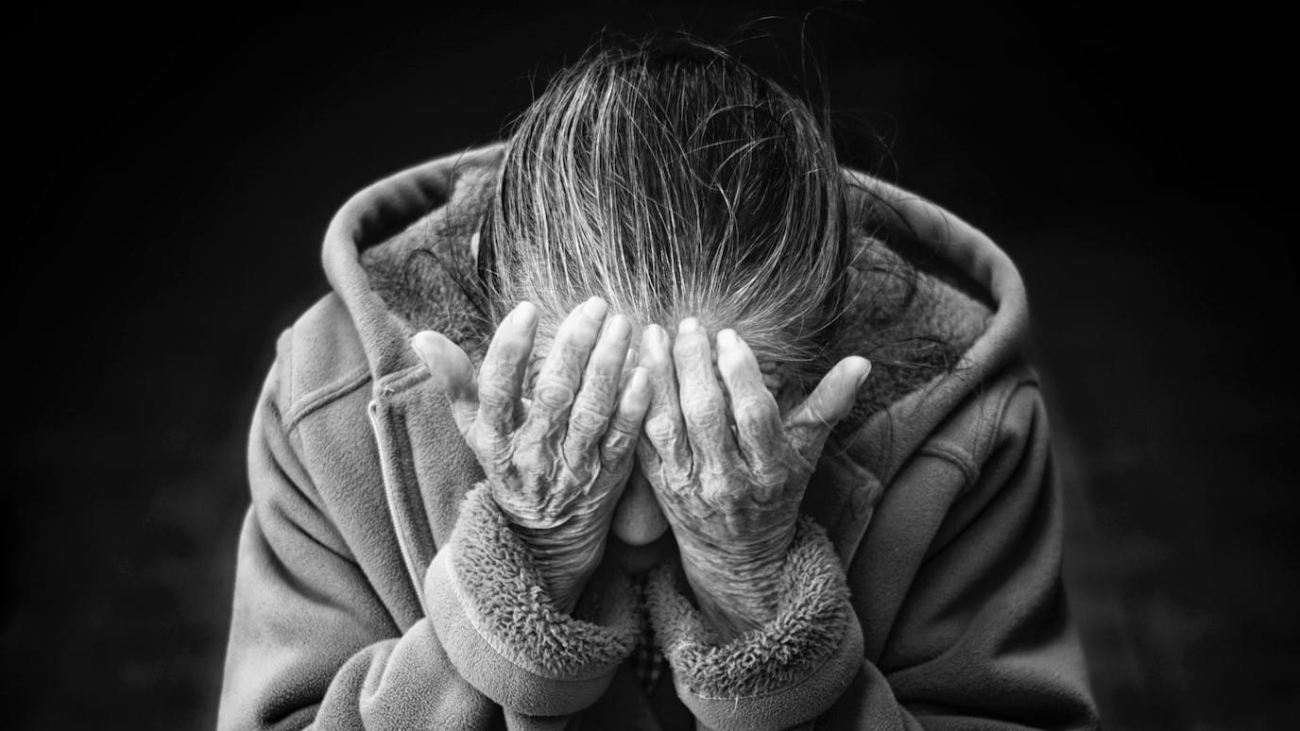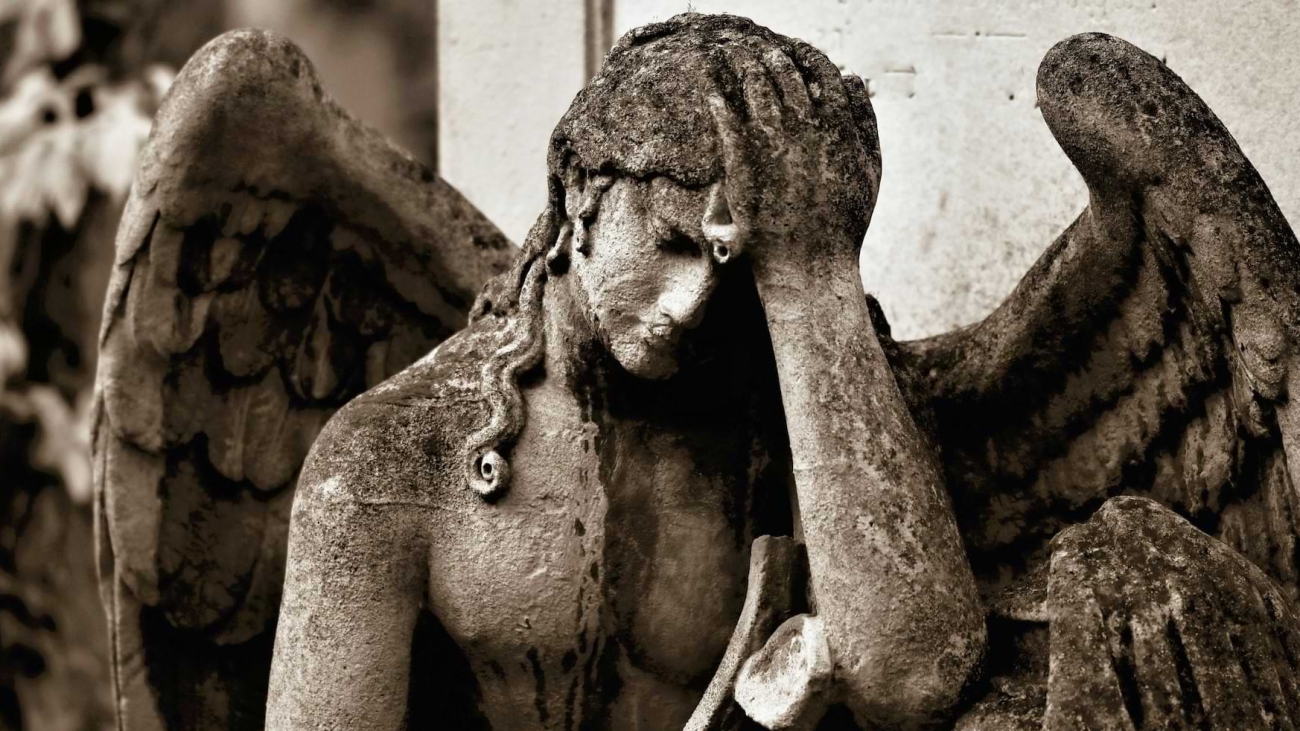Ryan Hammons started to have nightmares and would wake screaming and crying. After a while, he confessed that he was experiencing a past life.
Meteoropathy: Weather And Your Mood
‘A sunny disposition’, ‘A face like thunder’ – our language is full of references to the ways Meteoropathy affects our mood, energy and even mental health.
Nadia Whittome: Prioritising Mental Health
British MP Nadia Whittome announced that she had been struggling with her mental health and would be taking a leave of absence from work.
Oneofusismissing: Grief & Bereavement
The day commemorates our departed loved ones. It’s a day for healing, remembrance and shared grief. It encourages us to be grateful for every day we have.
Alcohol Awareness Week: Societal Cost
Alcohol Awareness Week is a week of awareness raising and campaigning for change to do with alcohol. The theme this year is Alcohol and its cost.






